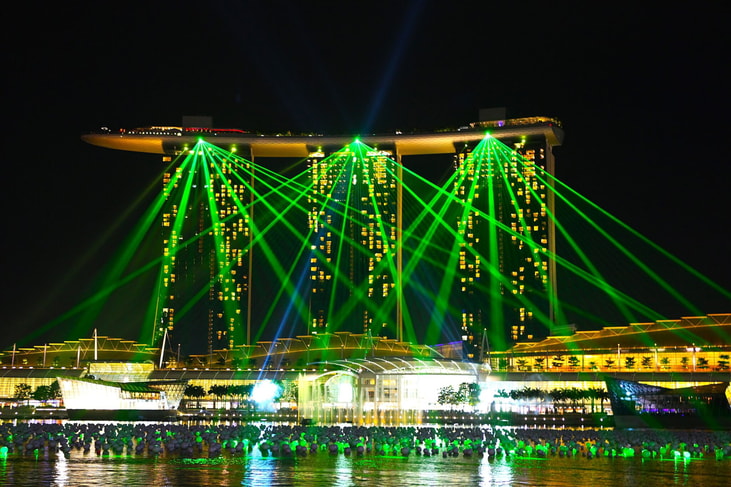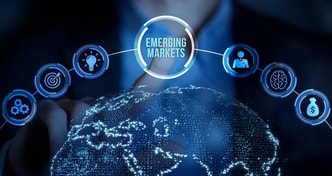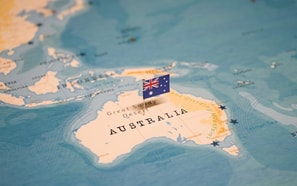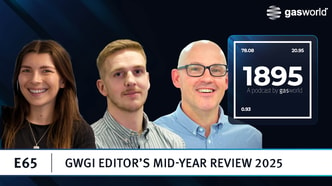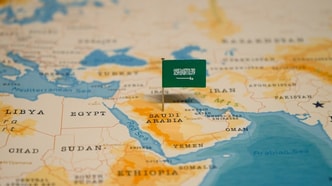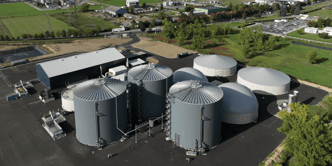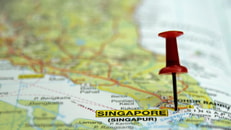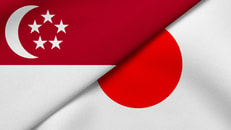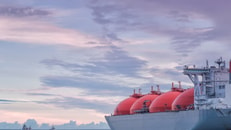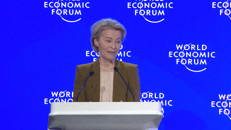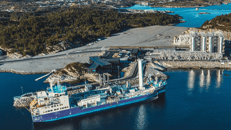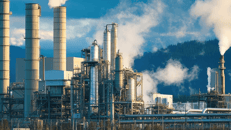Singapore raises low-carbon power target
Singapore aims to import around 6 gigawatts (GW) of low-carbon electricity by 2035, 2 GW more than announced in 2021, according to its Energy Market Authority (EMA).
The revised target comes as the Lion City strengthens its commercial ties with Indonesia, announcing conditional licences to five companies for 2 GW of imports, and conditional approvals to two new projects to import 1.4 GW of low-carbon electricity.
It follows multiple Memoranda of Understanding (MOU) between Singapore and Indonesia which were signed in 2022-23.
Power generation, which is primarily from natural gas in Singapore, accounts for about 40% of its carbon emissions.
... to continue reading you must be subscribed

